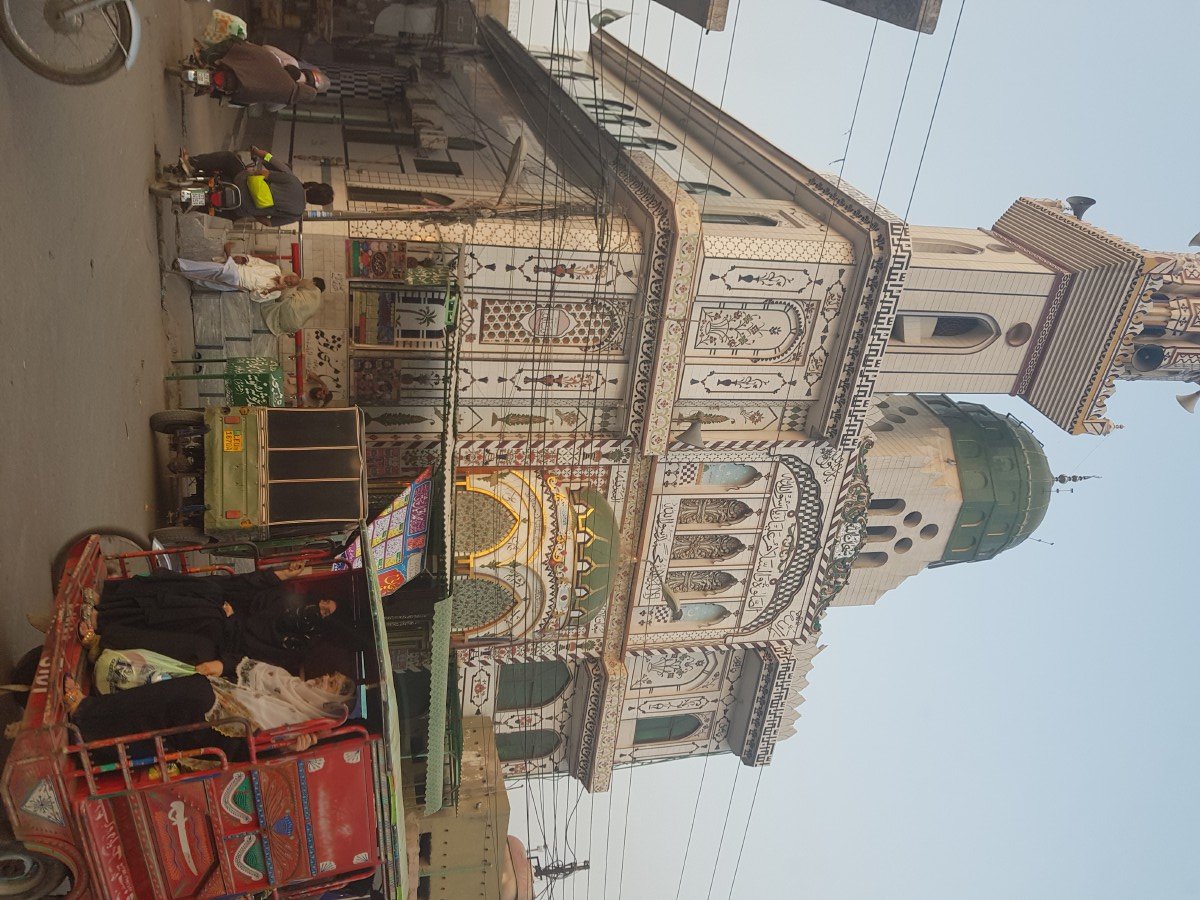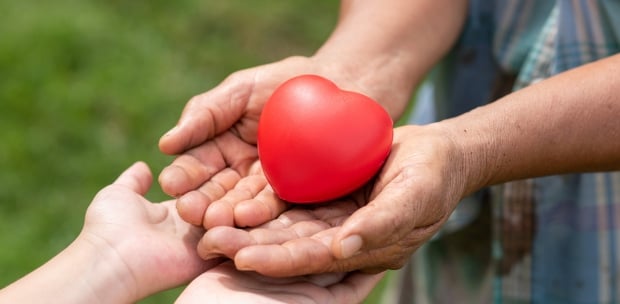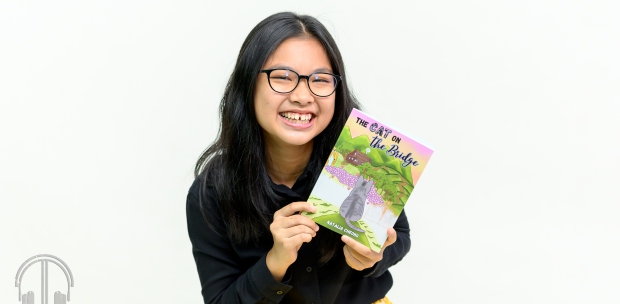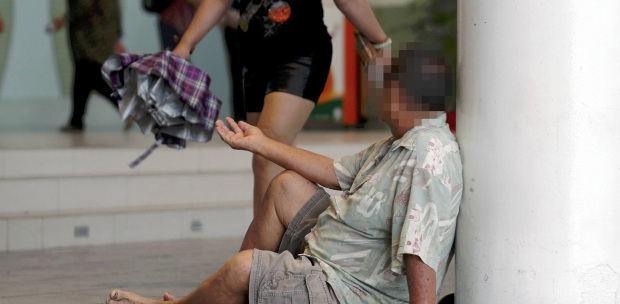Random acts of kindness make the world a better place writes Amal Ghazali
ONE Friday, I took the LRT to work while hauling a big luggage case because I wanted to visit my parents for the weekend.
When I got off at the KLCC station and struggled to get the bag up the stairs, a man asked if I needed help.
I declined, because I didn’t know him and all crime shows say that male strangers being nice are probably trying to make a pass at you, or worse, are rapists.
“Please let me help you,” he insisted. “That looks like a very heavy bag.”
I gave in, and he helped carry the bag all the way to the entrance of my office. With that, he left, and I never met him again.
On another occasion while travelling in Pakistan, I paid a rickshaw driver to take me from the border to the city, where I was supposed to meet a mutual friend.
It was my first time in Pakistan, the day was hot and humid, and the rickshaw driver spoke no English. The friend was an hour late, but the rickshaw driver sat and waited with me the entire time. He wanted to make sure I was safe until my friend arrived.
ARE WE KIND?
So are we a kind society? I tend to think so, although sometimes I get discouraged when I read my social media feeds. It seems that with the increasing anonymity of the Internet, kindness has begun to dwindle — we seem to be less nice when there is no risk of ownership.
It’s easy to be kind to your family, friends and colleagues, but when it comes to strangers, we sometimes forget to be kind.
For me personally, it took random acts of kindness from people to make me realise how wonderful that after-effect could be, both in the short and long run.
I would have struggled with the bag, but the man helped me and in that moment, my life was easier.
The rickshaw driver showed me that kindness is limitless, and it can come from anyone.
In the long run, they both instilled in me a renewed faith in the kindness of strangers, and have made me a lot less cynical towards others.

Random acts of kindness don’t only affect the receiver. Look at science to back that up — a study showed that being kind produces endorphins, a feel-good hormone, in our bodies.
Oxytocin is also released, a “love hormone” associated with lowering blood pressure, overall heart-health, and self-esteem issues.
A 2010 Harvard Business School Survey of over 136 countries found that in general, people who are more generous tend to be the happiest.
KINDNESS IS A VIRTUE
I came across an article in a magazine where a waitress said that her long shifts were usually made better when customers made eye contact or said thank you for serving them.
It sounds like such a simple act, saying thank you, but it leaves a deep impact on the receiver.
Perhaps that’s how simple kindness can be. It doesn’t have to be big or extravagant. It could come from little things such as expressing appreciation, being gentle with criticism and trying to understand other people’s perspectives.
When we understand something better, we tend to have stronger empathy, which in turn allows us to respond or react in a kinder way.
I can embarrassingly admit that I certainly need to up my kindness game.
Sometimes I hide in the shade of the “I’m too busy” excuse to consciously make efforts to do random acts of kindness. I should have helped the old lady unload her groceries from her car; I could have told an exhausted colleague that she was doing a great job as a working mother.
So, moving forward, maybe we can all try to be a little extra kind.
And who knows, perhaps the effect will go a long way in making someone else’s day and mood brighter, and hopefully encourage them to return the favour, creating a ripple effect that would make the world a nicer place to live in.




